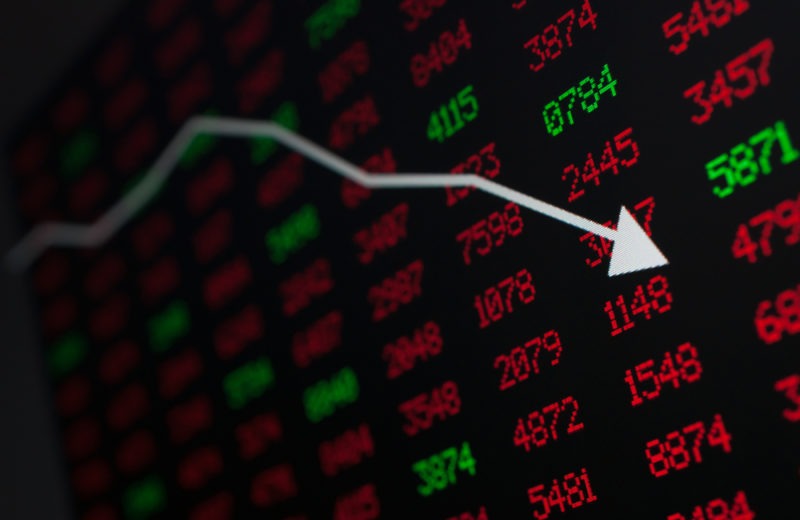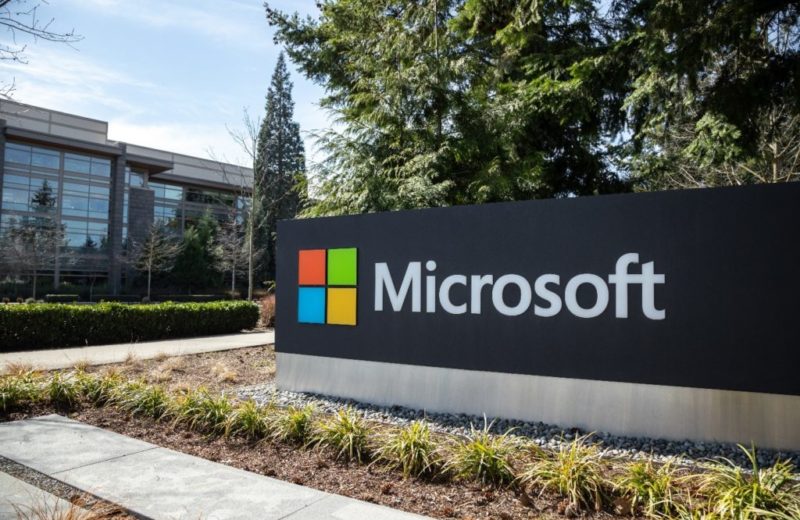In South Korea, Metaverse exchange-traded funds thrive as regular investors flock to funds focused on technology’s next frontier.
Users can utilize virtual reality headsets like Oculus to participate in gaming, concerts, and live sports in the metaverse.
As the buzz over the next generation of the internet rose last year, South Korea’s metaverse ETFs were the first to emerge in Asia. ETFs are a collection of stocks or bonds that largely mirror market indices and provide greater diversity to investors.
The first four metaverses ETFs in South Korea debuted in October. They received $100 million in inflows in less than two weeks. However, South Korea is not alone. In the United States, Metaverse ETFs have been popping up, with analysts predicting that more will follow soon.
According to data from Samsung Asset Management, which launched two of the ETFs, eight metaverse ETFs were listed in South Korea as of Jan. 19, attracting over $1 billion in inflows.
More than $800 million went into four ETFs focused on South Korean metaverse-related stocks, according to the statistics. In comparison, more than $338 million went into more global metaverse ETFs. Samsung Asset Management’s KODEX K-Metaverse Active, NH Amundi Asset Management’s Hanaro Fn K-Metaverse MZ, KB Asset Management’s KBSTAR iSelect Metaverse, and Mirae Asset Global Investment’s Tiger Fn Metaverse are just a few of the ETFs available.
Tech businesses, chipmakers, and South Korea’s entertainment industry stocks are among the ETFs’ top holdings. Shares of Hybe, which controls the music label for prevalent K-pop group BTS and video game developers like Pearl Abyss, are included in Samsung’s metaverse ETF.
Retail investing power
Since the launch of metaverse ETFs in South Korea, there has been a surge in retail interest. According to Samsung Asset Management data, retail investors account for more than 70% of inflows into both local and global metaverse ETFs in South Korea.
In contrast, retail investor ownership of ETFs in the United States has fallen behind institutional investor ownership. According to data from Citi, investment advisors now own nearly 40% of U.S.-listed ETFs; up from just over 35% five years ago. Meanwhile, retail ownership has dropped from 40% to 38.5 percent in the last five years.
Institutional investors continue to outnumber retail investors in terms of the total trading volume. Retail investors account for around a quarter of trading activity in the United States, but only 5 percent to 7% of total trading volume in Europe. China has a retail participation rate of around 60%.
















